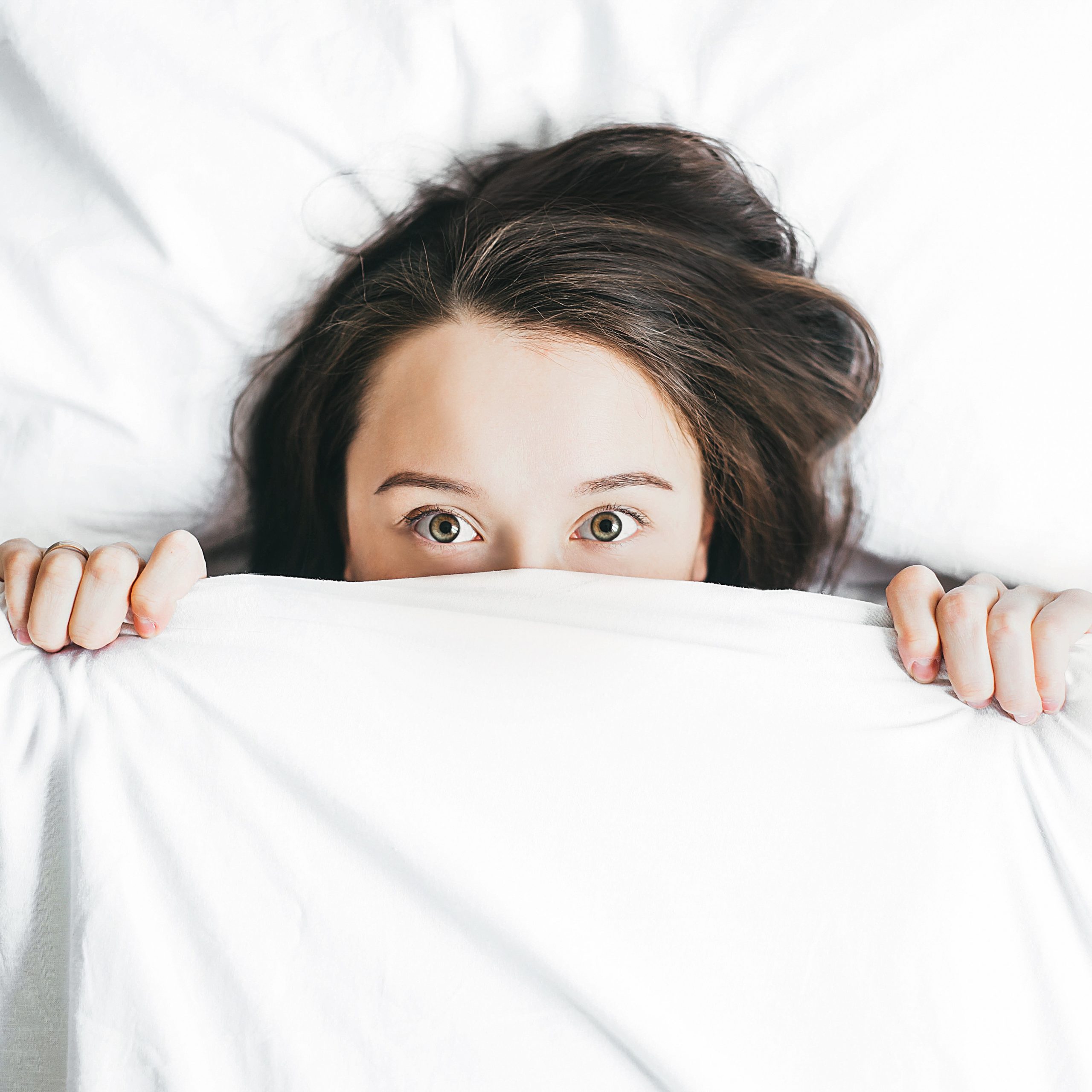by Gaurav Dubey (MS Biotechnology) in collaboration with Dr. Keith Lopez, Ph.D. Natural Health and Nutrition, University of Natural Health
It may not come as a surprise that Americans are not getting enough sleep. In fact, the CDC reports that 1 in 3 adults aren’t getting enough sleep.1 While sleep deprivation poses risks to everyone, evidence suggests the risk is especially high for those in recovery from substance abuse and addiction. Sleep deprivation has even been established as a “relapse risk,” according to a 2010 study.2 CASA Columbia’s analysis of national data for its study, Adolescent Substance Use: America’s #1 Health Problem, found that high school students who reported getting less than 8 hours of sleep per night were significantly more likely than those who slept 8 hours or more to be current users of tobacco (22% vs. 15%), alcohol (46% vs. 34%), and marijuana (23% vs. 17%), and lifetime users of illicit drugs (16% vs. 11%).”3 The need for individuals in recovery to get adequate sleep is an important topic of discussion, and the focal point of this evidence-based review.
Americans Aren’t Getting Enough Sleep & It’s Affecting Their Health
The C.D.C. recommends 7 hours or more of sleep for adults, 8-10 hours of sleep for teens, and 9-12 hours of sleep per day for young children aged 6-12 years old.1
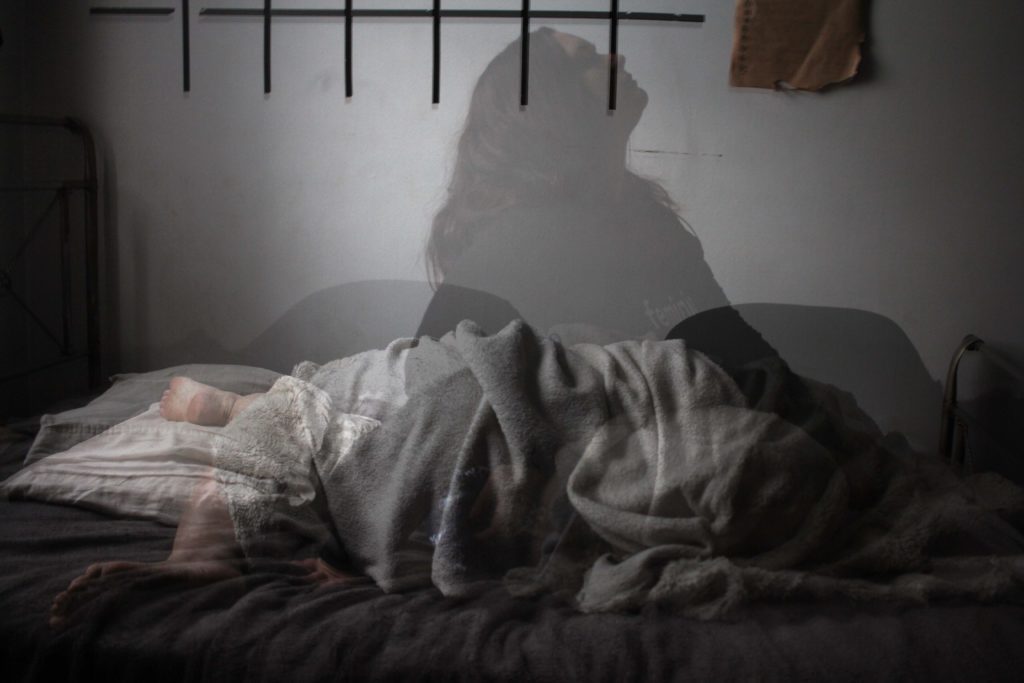
“Sleeping less than seven hours per day is associated with an increased risk of developing chronic conditions such as obesity, diabetes, high blood pressure, heart disease, stroke, and frequent mental distress.”2 Additionally, for those recovering from addiction, sleep is an important aspect of a healthy recovery. In this article, we’ll examine three methods to cultivate healthier sleep habits. Before we look at how to sleep, let us examine why this is important—particularly for people in recovery from drug and alcohol addiction.
Moderate Sleep Deprivation Produces Effects Similar to Alcohol Intoxication
A study conducted by the National Institute of Health discovered that “moderate sleep deprivation produces impairments in cognitive and motor performance equivalent to legally prescribed levels of alcohol intoxication.”4 It certainly won’t come as a surprise that our decision-making abilities and mental faculties are compromised in this situation. In recovery from addiction, especially in the early stages, this can be a risky and dangerous set of circumstances. It is critical for those in recovery to maintain sharp cognitive faculties to help rewire and change years of harmful, ingrained habits. To learn more about the neurobiology of addiction and the science behind the underlying brain disorder that causes it, check out this intriguing, evidence-based blog The Spheres of Awareness: Shifting the Paradigm on Addiction.
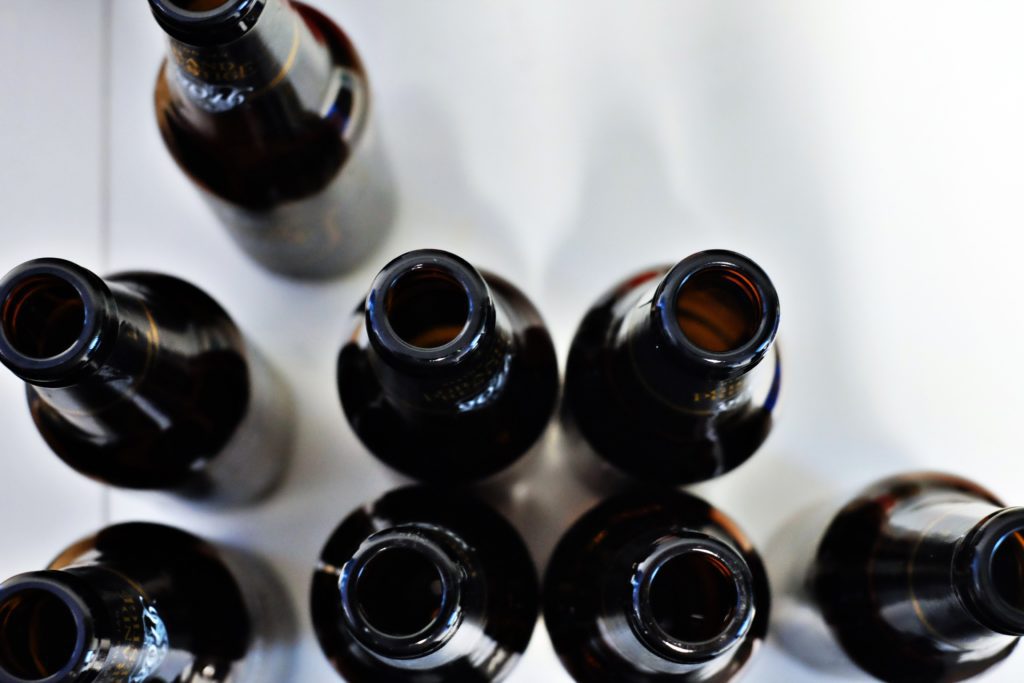
In a related article from the National Institute of Health, it was noted in a summary that, “Persons who are recovering from an addiction to any psychoactive substance and have sleep disturbance are at an increased risk of relapse.”5 In fact, there is even a study that shows sleep deprivation as a marked predictor for relapse: “Short REM latency, increased REM%, and, possibly, increased REM Density at the time of admission to a 1-month inpatient alcohol treatment program predict relapse in nondepressed patients with primary alcoholism by 3 months following hospital discharge.”8 To learn more how about our clinical team at EvolveIndy can help you with drug or alcohol abuse, click here to set up a free consultation with our clinical team!
Technology’s Role in Sleep Cycle Disruption
In our fast-paced society, it is no longer unusual for a person to be reading this article in bed while on a phone around midnight. 12:00am was once the middle of a full night’s rest (hence the name midnight), simply because there wasn’t much else to do hundreds of years ago once the sun went down, nor were their technological devices to impinge the onset of tiredness. Roughly a century after the advent of electricity and the internet, we can now teleconference with people across the globe, or we can binge-watch Netflix all night. Unsurprisingly, these late-night excursions wreak havoc on our natural sleep cycles, disrupting our circadian rhythm and making it increasingly difficult to fall asleep. For those in recovery from addiction, establishing healthy sleep habits is essential for maintaining good health (a cornerstone of a successful recovery). Unfortunately, social media via our smartphones tend to activate similar dopamine reward systems in our brains, and the screens of electronic devices largely emit light waves in the blue-light spectrum. Blue light further disrupts our sleep patterns by stimulating our brain, making falling asleep, or even feeling like sleeping, more difficult. Clearly, getting a good night’s rest is an important part of cultivating and maintaining a successful recovery, and below, our focus is on minimizing distracting stimuli that might keep your mind engaged with its surroundings.
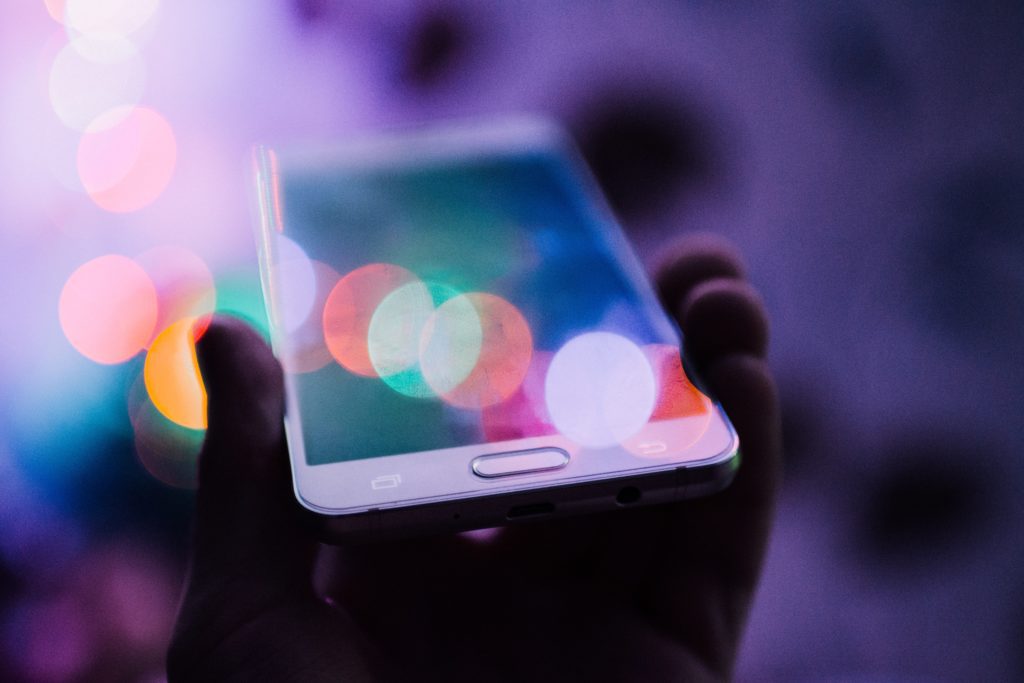
3 Ways to Get Better Sleep
Method One: Have a Routine.
Establishing a consistent and stable routine is arguably one of the most important factors for people in recovery. This means trying to go to bed each night around the same time, and waking up around the same time each morning. Drug abuse hijacks our brain’s natural reward system and modulates the pathways necessary for our survival. For example, the desire to have sex or earn money to pay rent becomes supplanted by the desire to get high—there exists only the innate desire to alter one’s consciousness, rather than altering oneself for the better.
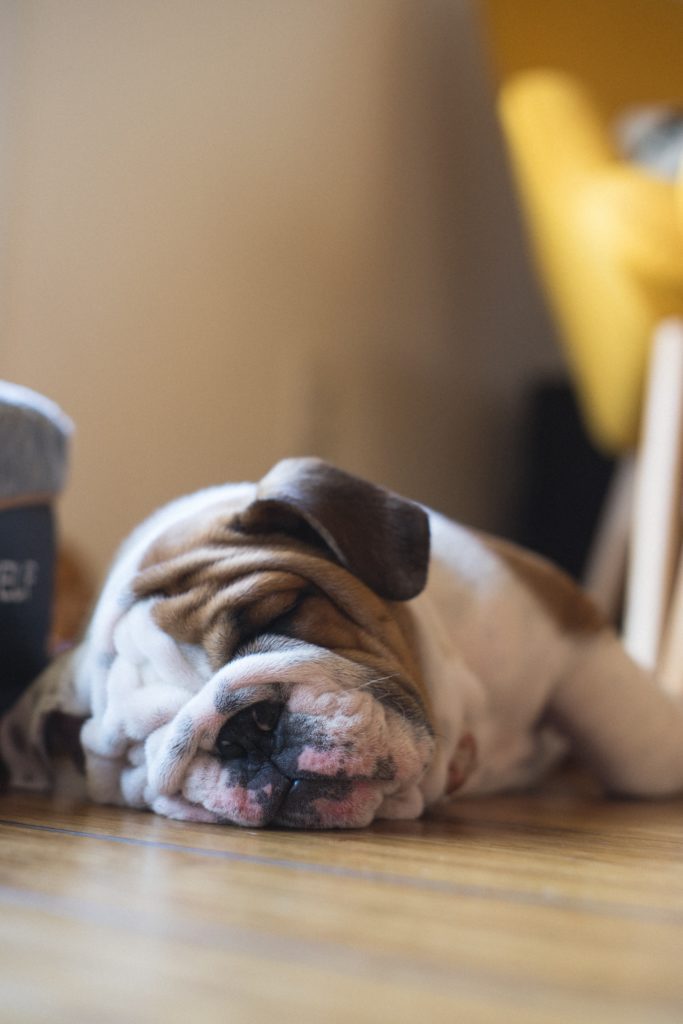
Method Two: Block the Blue Light from your Electronic Devices.
According to the National Sleep Foundation, “The reason that blue light is so problematic is that it has a short wavelength that affects levels of melatonin more than any other wavelength does.”6 Also be aware of other lighting in your home, including fluorescent lights and LED bulbs, which tend to emit blue light, as well. Incandescent bulbs, candles, and even rock salt lamps are all better choices for late-night lighting. Using less light overall is very helpful in aiding one’s quantity and quality of sleep. Reading by a soft light can also be a great way to wind down the evening, although, “When people read on a blue light-emitting device (like a tablet, rather than a printed book) in the evening, it takes them longer to fall asleep; plus, they tend to have less REM sleep and wake up feeling sleepier—even after eight hours of shuteye.”6 Certain applications, like f.lux® for MacBooks, can help to tone down the blue light from your computer based on the time of day, and blue light protection glasses are also available from a wide variety of sellers online
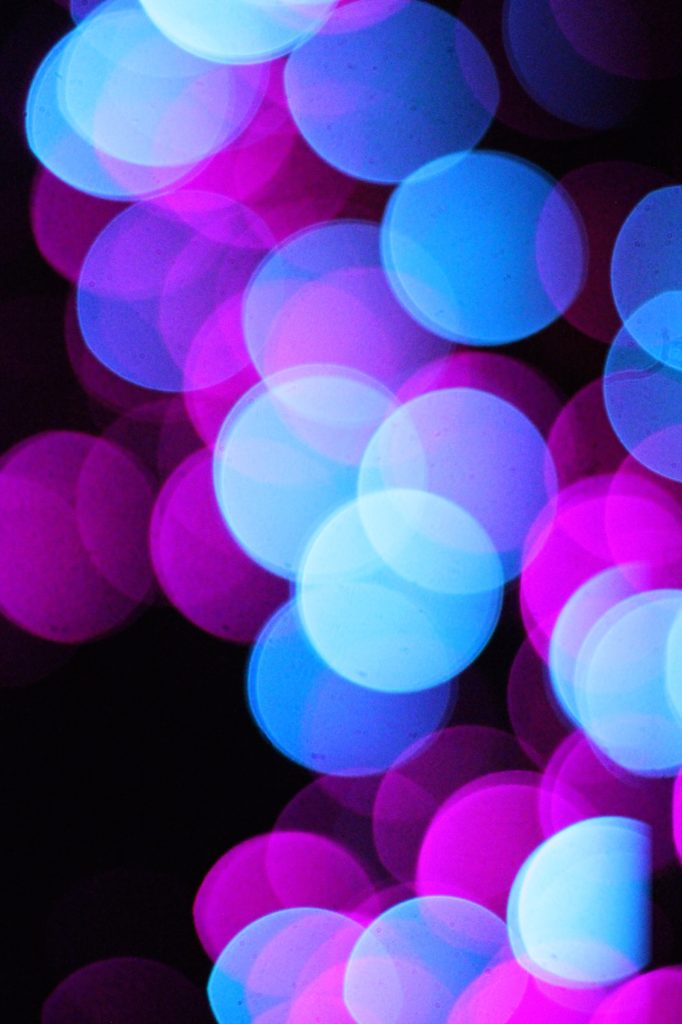
Method Three: Ear Plugs—the Secret Remedy for Sound Sleep
Sometimes a little noise can disrupt sleep, or keep one up at night. Ear plugs are made out of foam or silicone, and can range from 20 decibel sound reduction to 32 decibel sound reduction. This can turn a noisy environment into a quiet one in an instant, helping those with noisy neighbors or roommates, or those who live in a city or industrial area. While they may not be the most comfortable, there are companies that can especially mold earplugs to perfectly fit one’s ears, minimizing the discomfort and helping to reduce auditory stimuli. Ultimately, you want to feel comfortable and safe, and minimizing external stimuli while also engaging in a bedtime ritual can help to facilitate the sense of well-being necessary for a good night’s rest.

There are many more ways to increase sleep health, such as exercising in the morning and tapering off caffeine use for many hours before sleep. Getting enough sleep can make a huge difference in daily performance and health. If you are still wide awake and trying to get some sleep, watch this TED talk, titled Sleep is your Super Power, by Matt Walker. Matt mentions that sleep deprivation is an epidemic and “short sleep increases all causes of mortality.” He also speaks about a study in which “just 6 hours of sleep distorted gene activity,” so hopefully these insights can help you to further prioritize your sleep schedule.
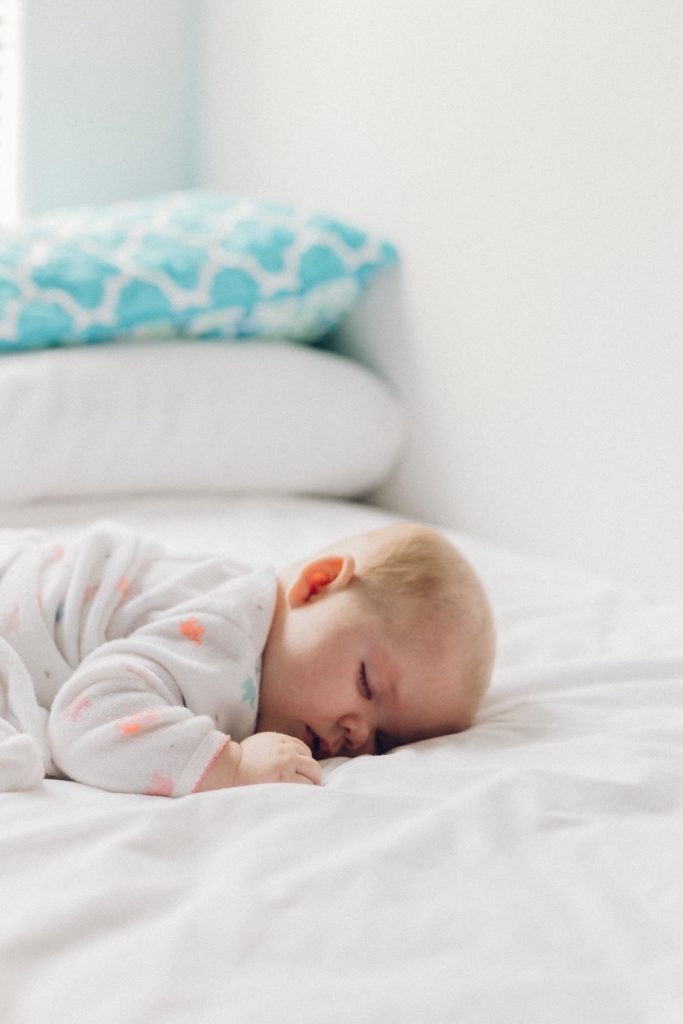
If you or a loved one is struggling with drug or alcohol addiction, visit us at EvolveIndy.com to setup a free consultation with our clinical team today!
Works Cited
1. Watson, N. F. et al. Recommended Amount of Sleep for a Healthy Adult: A Joint Consensus Statement of the American Academy of Sleep Medicine and Sleep Research Society. Sleep 38, 843–844 (2015).
2. 1 in 3 adults don’t get enough sleep | CDC Online Newsroom | CDC. https://www.cdc.gov/media/releases/2016/p0215-enough-sleep.html.
3. Williamson, A. & Feyer, A. Moderate sleep deprivation produces impairments in cognitive and motor performance equivalent to legally prescribed levels of alcohol intoxication. Occup. Environ. Med. 57, 649–655 (2000).
4. Drowsy Driving — 19 States and the District of Columbia, 2009–2010. https://www.cdc.gov/mmwr/preview/mmwrhtml/mm6151a1.htm.
6. The Sneaky Ways That Blue Light Can Interfere With Your Kids’ Sleep. https://www.sleepfoundation.org/articles/how-blue-light-affects-kids-sleep.
7. https://www.centeronaddiction.org/the-buzz-blog/sleep-deprived-teens-are-increased-risk-substance-use
8. https://www.ncbi.nlm.nih.gov/pubmed/8122956

